Gaming giant Electronic Arts (EA) is set to leave public markets following a newly announced leveraged buyout valued at approximately $55 billion. The deal is led by a consortium including private equity firm Silver Lake, Saudi Arabia’s Public Investment Fund (PIF), and Affinity Partners, a firm tied to Jared Kushner.
Deal Terms & Structure
Under the agreement, EA shareholders will receive $210 per share in cash, representing an approximate 25 percent premium over the stock’s trading level shortly before deal rumors surfaced. The transaction comprises around $36 billion in equity and $20 billion in debt financing, with JPMorgan expected to underwrite much of the debt component. The acquisition is scheduled to close in the first quarter of EA’s fiscal year 2027, pending regulatory and shareholder approvals.
A notable clause: EA would incur a $1 billion termination fee if the board reverses its approval, accepts a competing bid within a year, or attempts a different deal. The same fee would apply to the consortium under certain conditions, such as regulatory delays pushing the close past September 28, 2026.
Why the Timing & Strategy
This move comes amid a challenging phase for the gaming industry, with consumers more cautious on spending and competition intensifying. EA’s strength lies in its roster of reliable franchises—especially sports titles like its soccer and football brands—that generate recurring revenue streams.
Analysts argue that by going private, EA can better focus on long-term strategy and investments without the pressure of quarterly market expectations. The timing is also heavy: the company is preparing to launch major new titles, including its next installment in a flagship shooter series.
Furthermore, the deal underscores Saudi Arabia’s expanding footprint in the gaming and entertainment sectors. The PIF has already been increasing its exposure to gaming firms through investments and acquisitions, making this a centerpiece in its broader diversification agenda.
Implications & Risks
- End of Public Era: Once the transaction completes, EA’s shares will be delisted and it will no longer be accountable to public shareholders.
- Operational Flexibility: Freed from short-term investor scrutiny, EA may be able to take bolder creative risks, pivot more quickly, or pursue acquisitions and restructuring.
- Debt Load & Return Pressure: The high level of leveraged debt means the new owners will demand strong performance to service interest and principal.
- Regulatory Hurdles: Given the international nature of the investors and the scale of the acquisition, regulatory review—especially in the United States and possibly in other jurisdictions—will be closely watched.
- Employee & Culture Impact: Large buyouts often trigger cost rationalization or cultural shifts; whether EA maintains its current creative posture or makes tough cuts will be an area of scrutiny.
What’s Next
The deal still needs approval from EA’s shareholders, and regulators will examine potential antitrust and foreign investment concerns. EA has committed to remaining headquartered in its current location, and current leadership is expected to stay in place at least during the transition.
As the world watches, this transaction may reshape how major game publishers balance creative ambition, financial constraints, and market pressures in the coming decade.

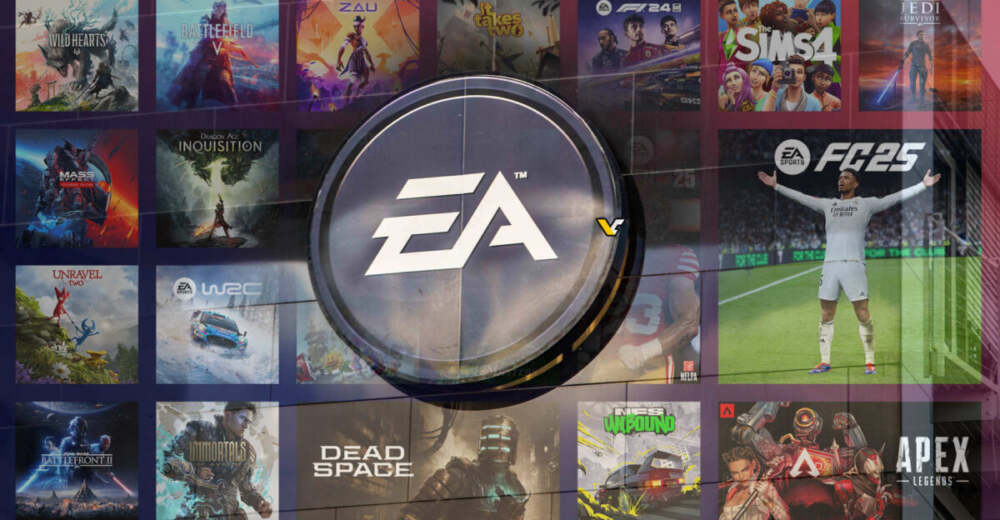
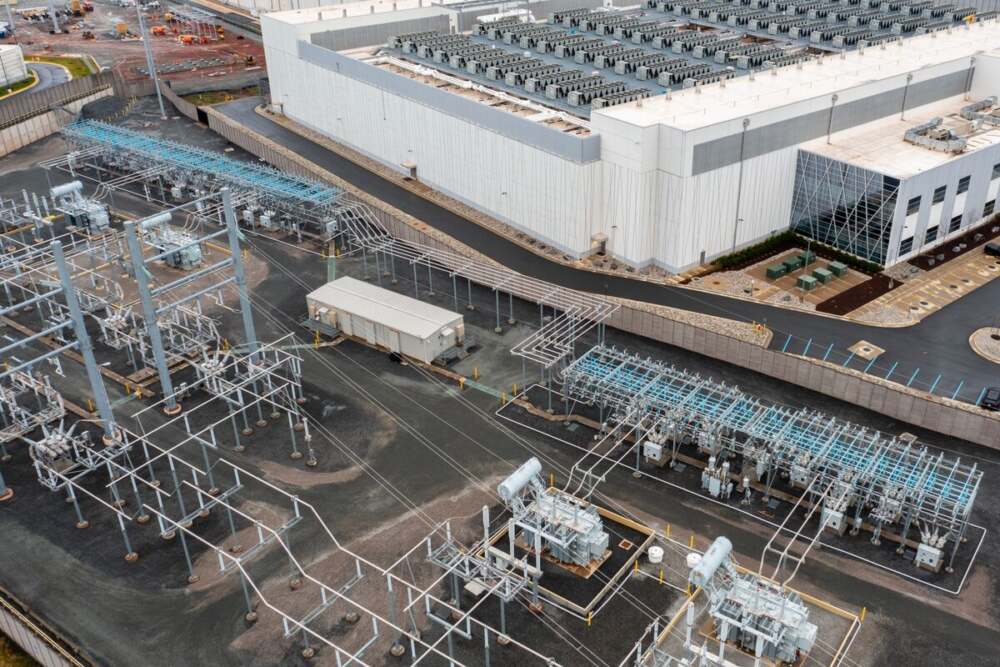
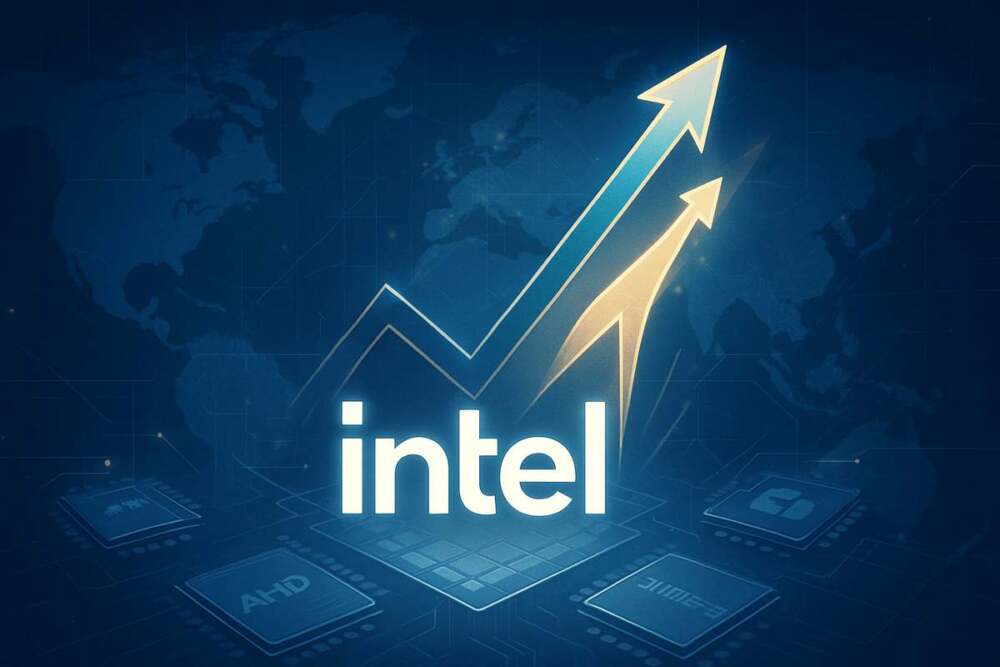
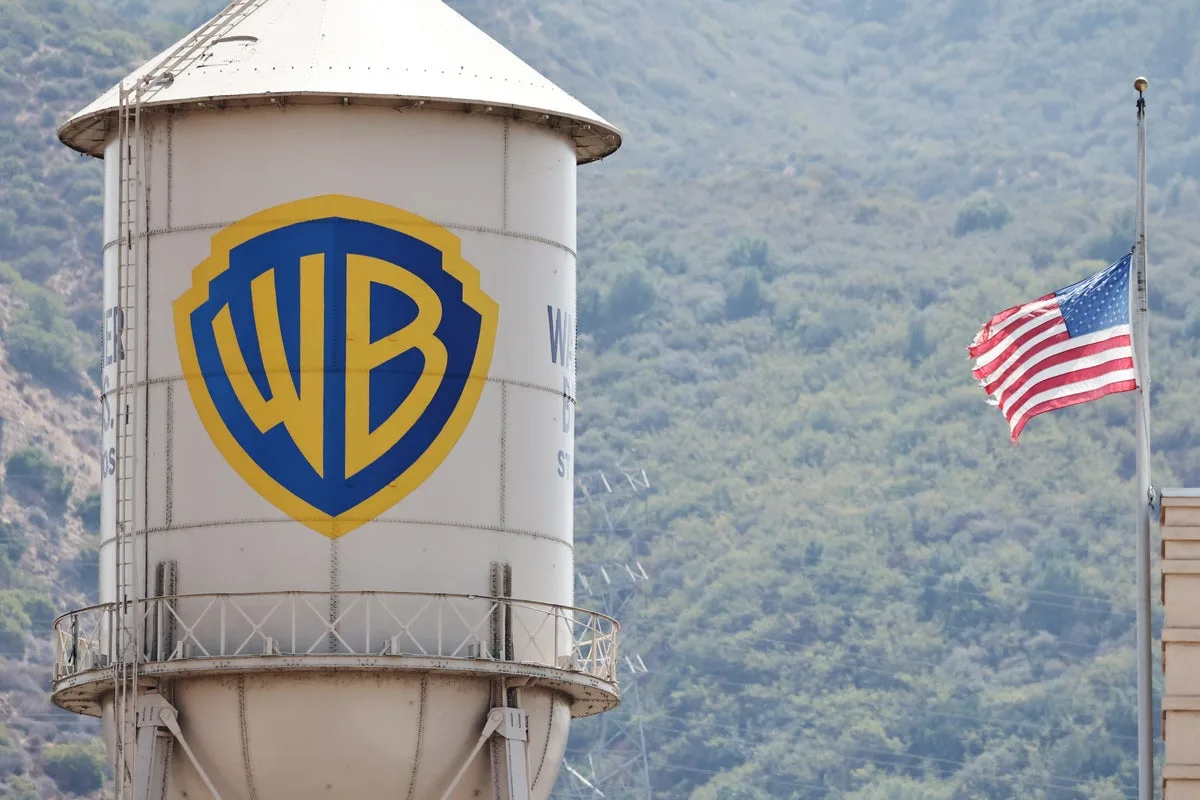
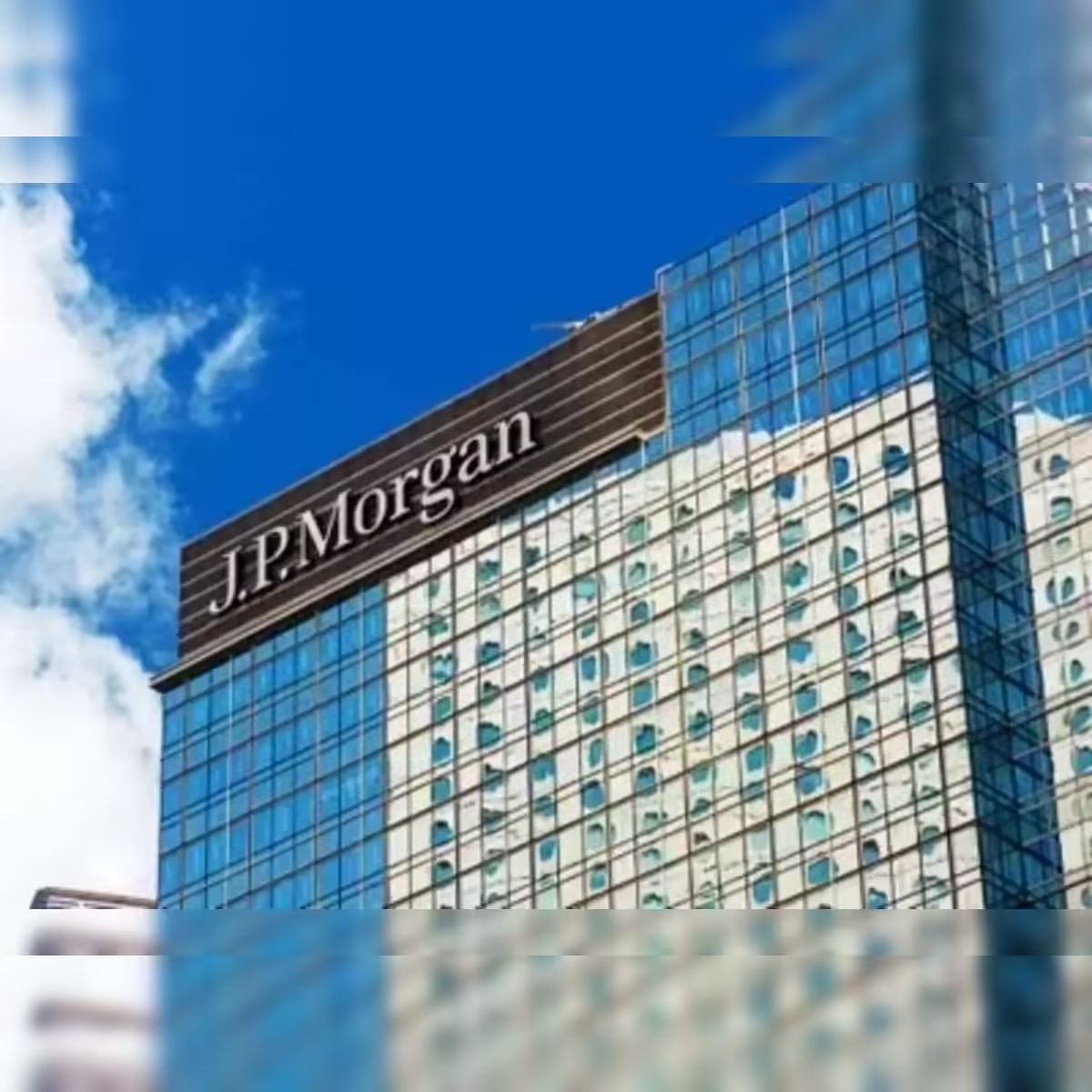

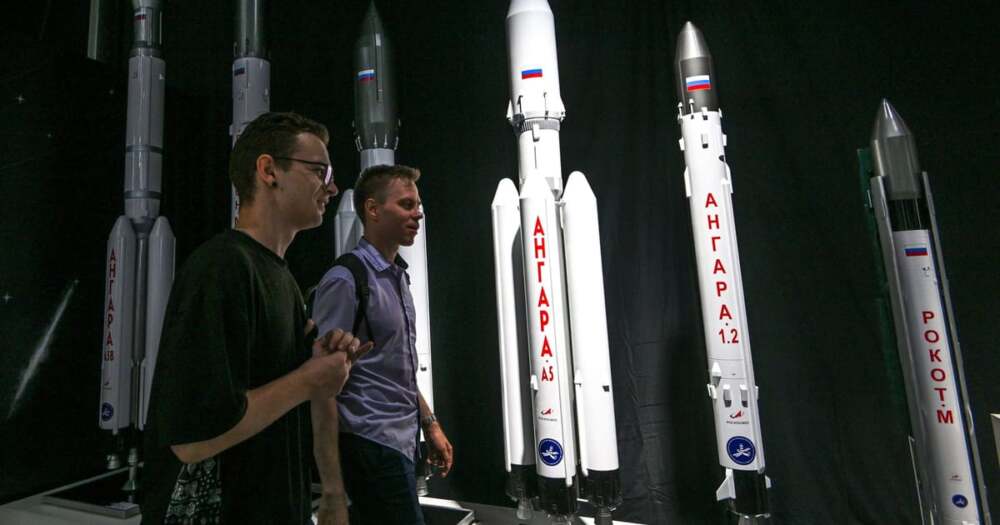








Leave a Reply